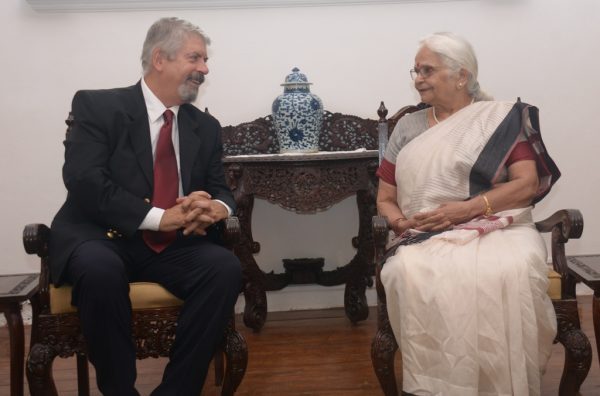Anyone that’s lived or visited in Goa knows all about the strong ties that the state has with Portugal. The Portuguese ruled Goa for over 450 years before the state was liberated in 1961. In spite of this, it has still left behind a ton of influences in many aspects of Goan life. Goans have strong ties with the Portuguese to date, as well. Certain foods we eat, folk dances that we do at weddings, songs that we sing and teach our children and their children form a part of these ties. In fact, every day, you will find people rushing to the Portuguese consulate in Altinho, Panaji to apply for Portuguese passports.
The ties that bind us together
Speaking at an event held at Govind Ramnath Kare College of Law to inaugurate the Centre for Lusophone Culture and Legal Studies, Fransisco Duarte Azevedo, the Consul General of Portugal, said that the ties that bind Goa and Portugal together are strong. He said that both places have strong links not just in the field of legal studies but also in matters applicable to civilian life. of
He was speaking about the Goa Civil Code which is largely based on the Portuguese Civil Code of 1867. This code lays down rules on governing one’s life, thus making it completely connected to the way a person lives his life.
“In the past,” Azevedo said, “books of religion were like real Civil Codes, as they were the best and easiest means to tell people how to live lives, rather than imposing laws.”
The Consul General of Portugal spoke about the richness of the Portuguese language. According to him, Portuguese was once known as the language of diplomacy. In historical times, peace agreements were signed in Portuguese not only with local kingdoms but even with India.Today, the language is considered to be a means of economic progress as knowledge of the same offers employment opportunities in most first world countries.
Also speaking on the occasion was Dario Moura Vicente, a professor of law at the University of Lisbon. He said the Indo-Portuguese culture was “a part and parcel” of Indian society. He even explained that it was a good example of co-existence of different cultures and underlined the need to preserve and strengthen it.
Others that spoke at the event were Aurobindo Da Gama Xavier, president, Lusophone Society of Goa along with Principal of G R Kare College of Law, Saba Da Silva and chairman of Vidya Vikas Mandal.
Two memoranda of understanding were signed by the Kare College on the occasion – one with the School of Law of the University of Lisbon, and the other with Lusophone Society of Goa.
Information credit – TOI
ItsGoa/JAN/KDGP


